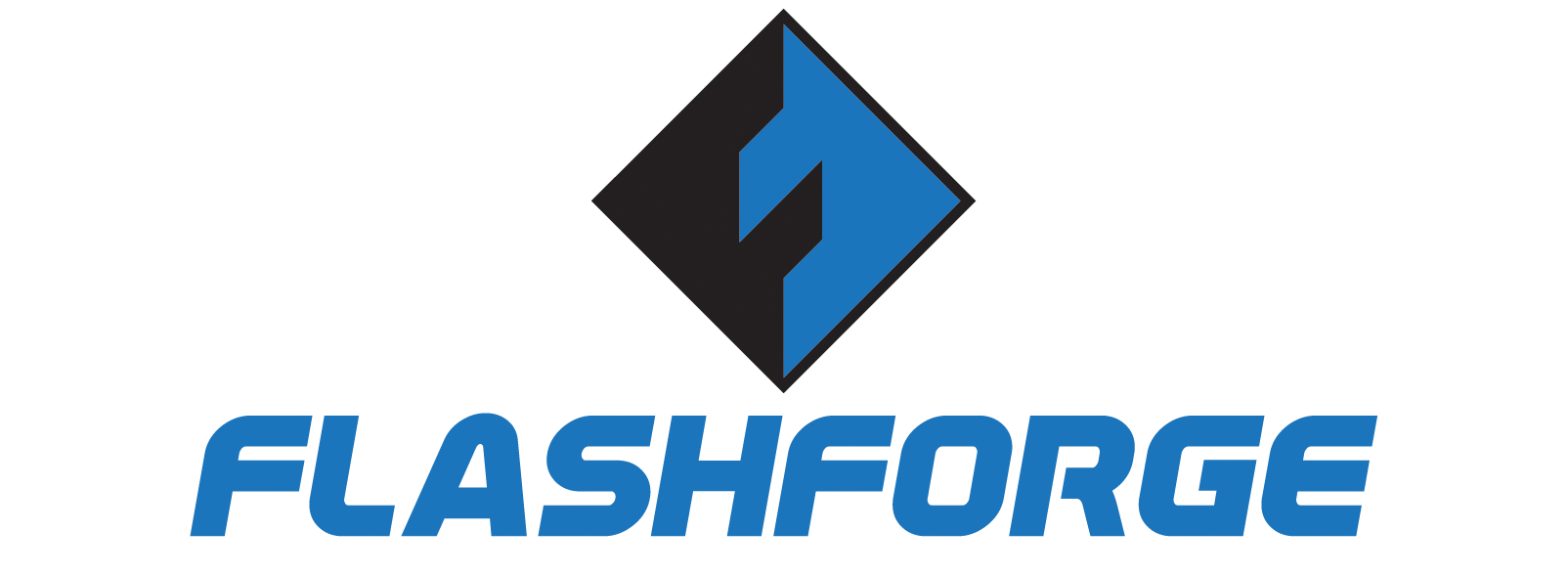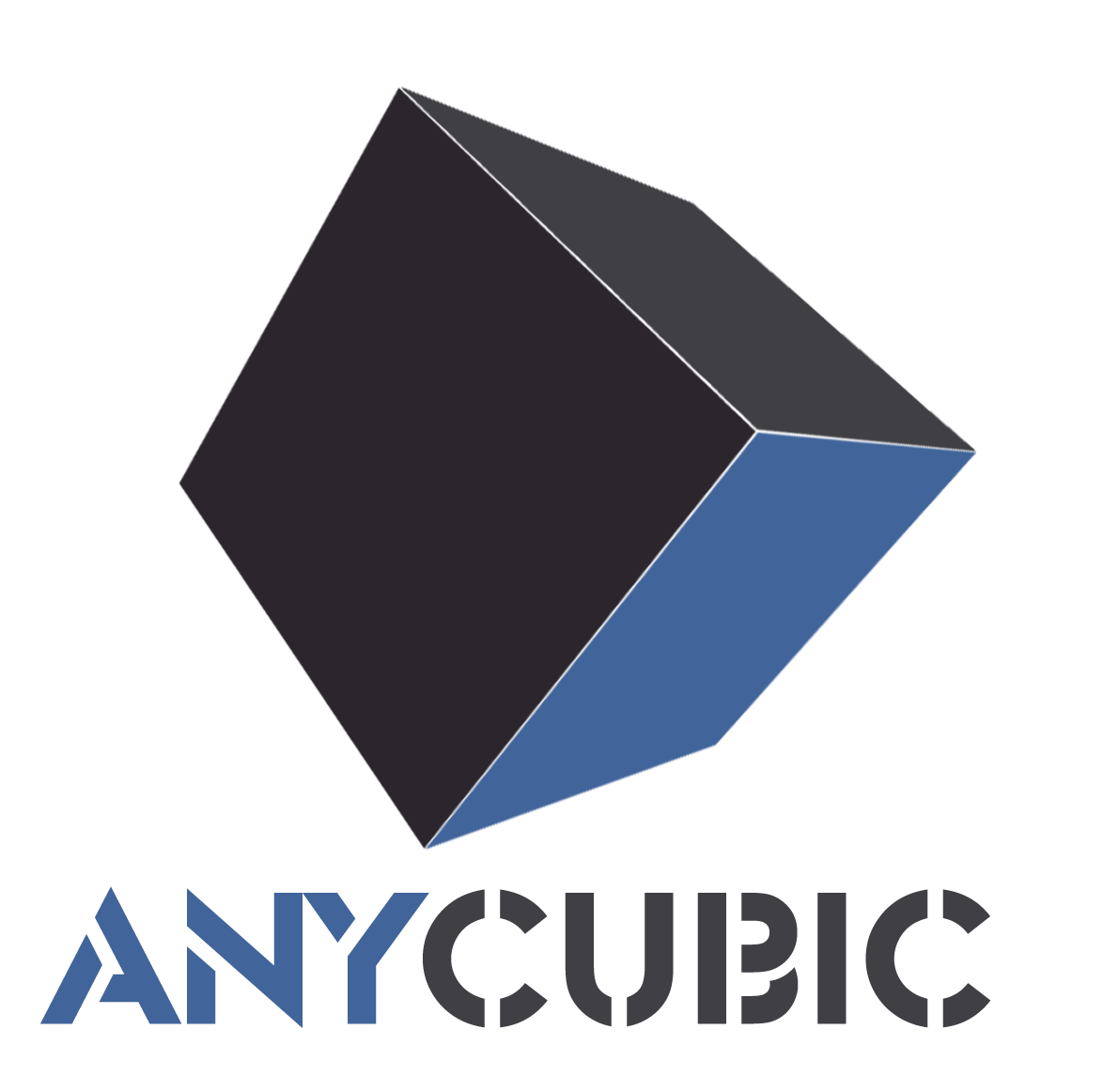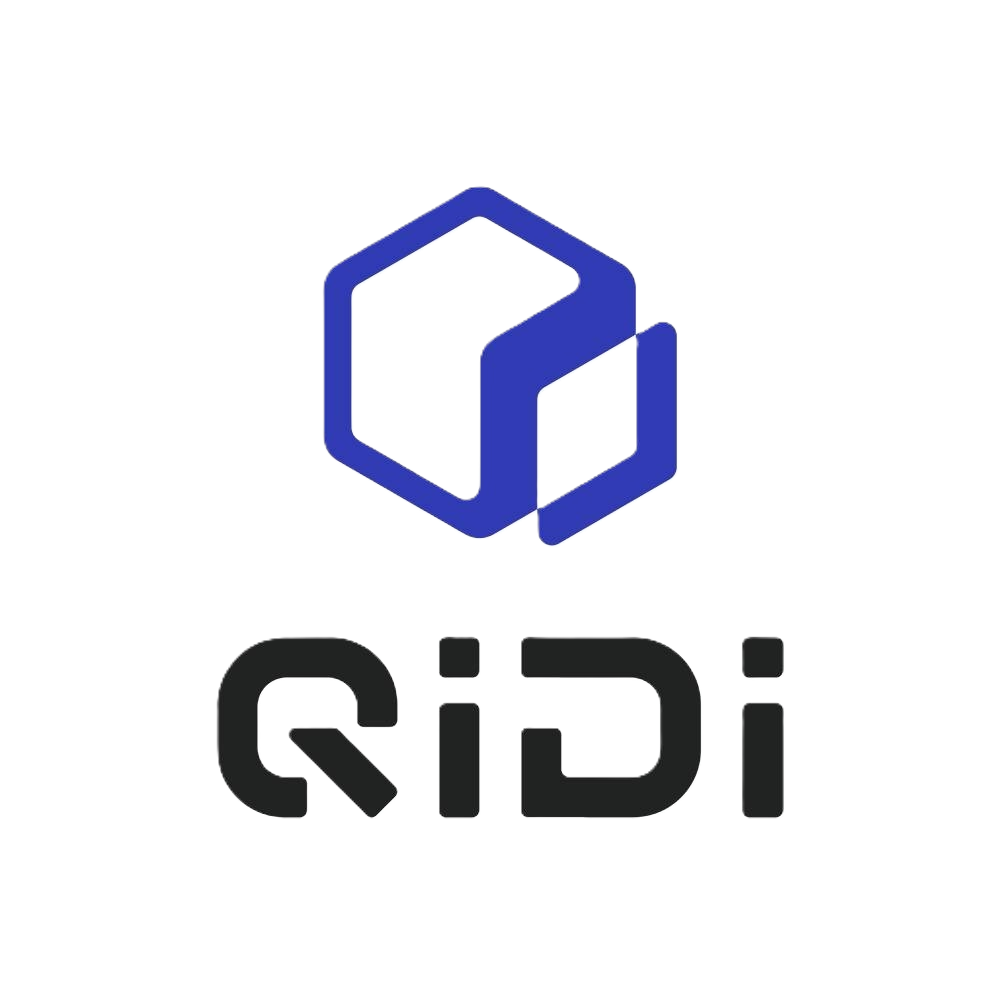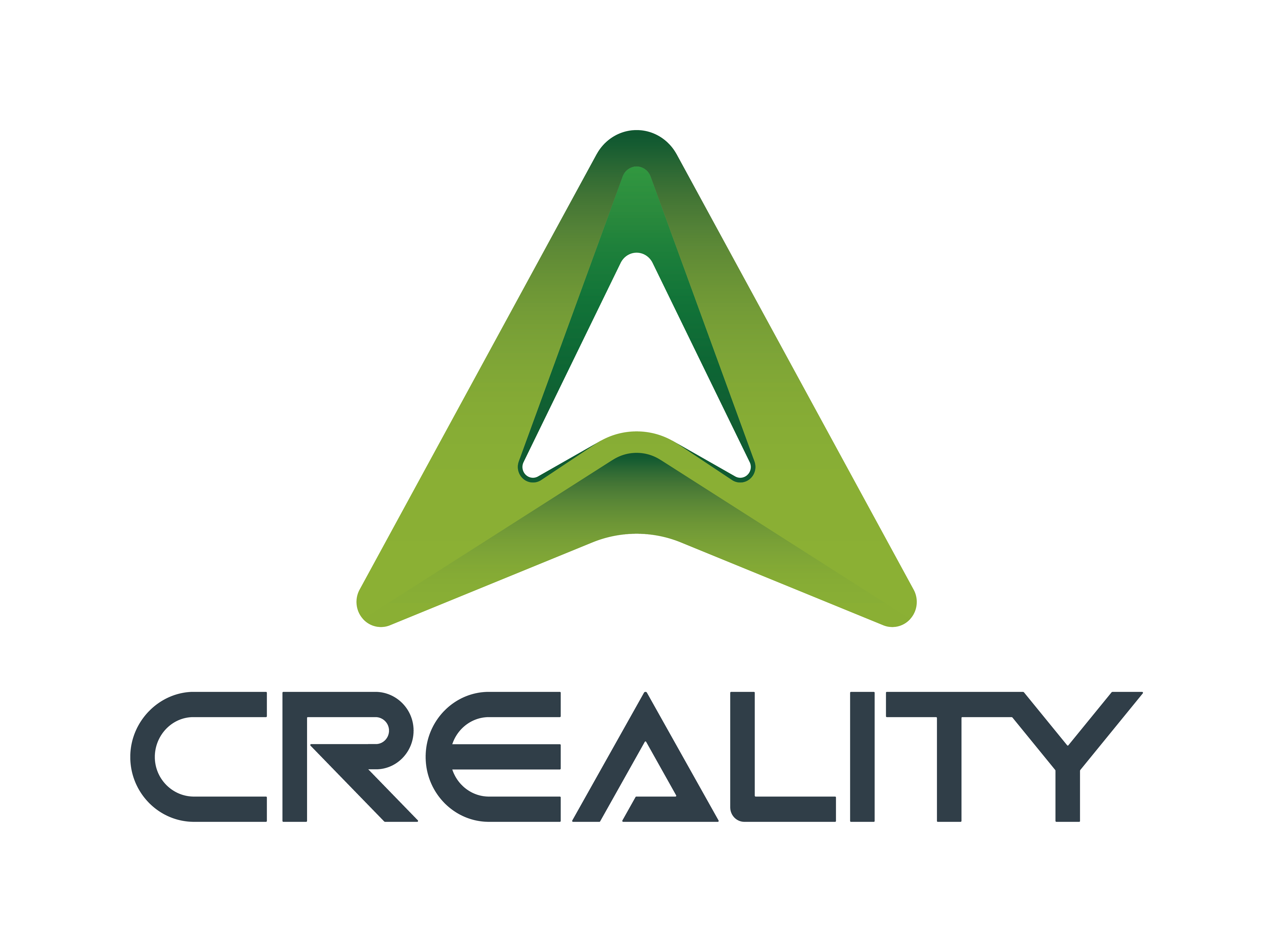
-
Solid print quality across a wide range of budget and mid-tier models
-
Extensive material compatibility with open filament system
-
Massive model variety from compact Ender 2 Pro to large-format CR-10 series
-
Highly modular and upgradable with active community ecosystem
-
Ease of use improving steadily with newer models (auto-leveling, touchscreens)
-
Excellent affordability across nearly all product categories
-
Rapid innovation cycle introducing high-speed and CoreXY models (K1, K1 Max)
-
Mixed quality control issues noted on earlier generations, improving over time
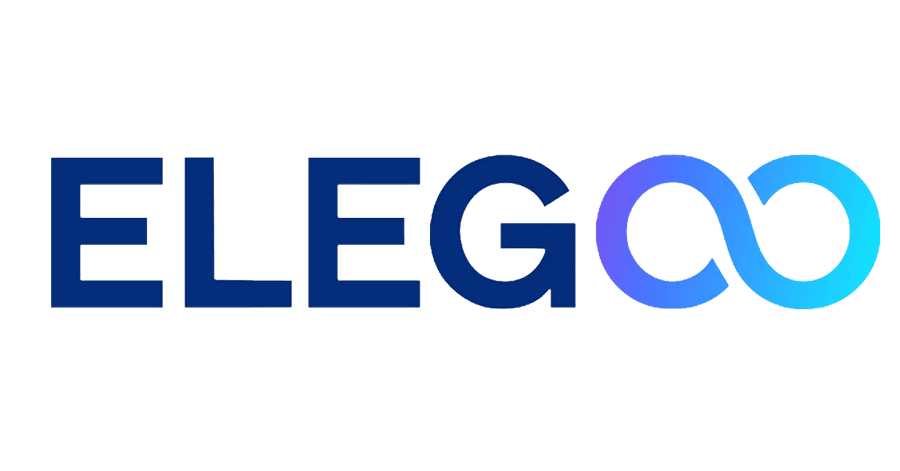
-
Exceptional print quality in both FDM and resin printers, especially at the price point
-
Extensive resin and filament compatibility across their product lines
-
Wide product variety from beginner-friendly Neptune series to high-end Saturn Ultra models
-
Aggressive pricing offering professional-level quality at accessible prices
-
Beginner-friendly setup with semi-assembled machines and detailed manuals
-
Rapid innovation cycle with regular releases of advanced features (16K resolution, auto-leveling, high-speed printing)
-
Good overall reliability but with occasional customer support inconsistencies
-
Large and active user community supporting troubleshooting, mods, and upgrades
Creality 3D Printers

Founded in 2014, Creality has grown to become one of the most recognizable and influential brands in consumer 3D printing. Best known for democratizing access to affordable and capable printers like the Ender 3 and CR-10 series, Creality established itself by offering machines that deliver strong baseline performance at prices well below industry standards. Over the years, Creality expanded its lineup dramatically, catering to everyone from absolute beginners to advanced makers and professionals. With the introduction of high-speed CoreXY (a motion system that uses a different belt layout to allow faster and smoother movement) models like the K1 and K1 Max, Creality is evolving rapidly, although it still battles a reputation for inconsistent quality control on some earlier and budget models. The company's focus on openness, affordability, and a strong modding community (users who like to upgrade or modify their machines) continues to keep it at the forefront of the market.
Elegoo 3D Printers

Founded in 2015, Elegoo has quickly risen to become a major player in both the resin and FDM 3D printing markets. Initially best known for their affordable, high-quality MSLA resin printers (MSLA stands for Masked Stereolithography – a type of resin printing that uses an LCD screen to cure liquid resin layer by layer), such as the Mars series, Elegoo later expanded into FDM printing (Fused Deposition Modeling – printing with melted plastic filament) with the Neptune series. These machines are aimed at both beginners and experienced users.
Elegoo’s strategy of delivering powerful hardware at low prices, combined with strong community support, has made it a favorite among hobbyists, miniature painters, prototypers, and semi-professional makers. New releases like the Saturn 4 Ultra 16K and Neptune 4 Max demonstrate the brand’s ability to stay highly competitive in a fast-moving market.





